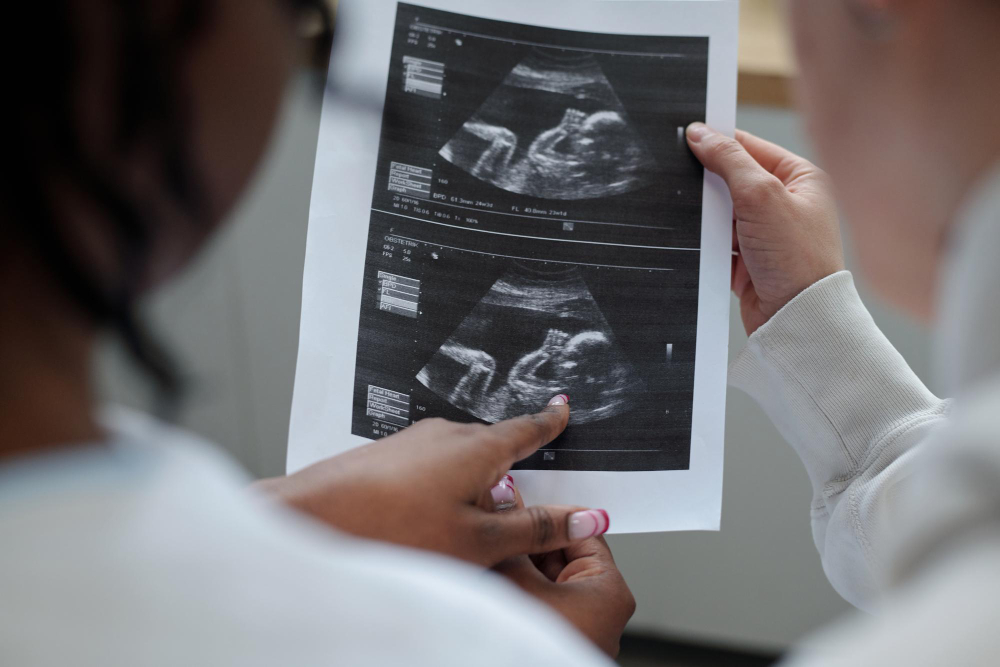Fetal growth restriction is a condition where a baby does not grow as expected during pregnancy. Because it can affect the baby’s health, it is important to know the signs and causes. Early detection of fetal growth restriction helps doctors provide the best care for both mother and baby.
What is Fetal Growth Restriction?
Fetal growth restriction, sometimes called intrauterine growth restriction (IUGR), means a baby is smaller than normal for its age in the womb. Usually, doctors say a baby has fetal growth restriction if it weighs less than 90% of other babies at the same stage. This condition can lead to health problems for the baby, both before and after birth. However, with proper care, many babies with fetal growth restriction do well.
Common Causes of Fetal Growth Restriction
There are several reasons why fetal growth restriction may happen. Sometimes, the cause is not clear. Yet, doctors have found some common factors:Problems with the placenta, which supplies food and oxygen to the babyHigh blood pressure or preeclampsia in the motherChronic health conditions like diabetes or kidney diseaseInfections during pregnancy, such as rubella or cytomegalovirusSmoking, alcohol, or drug use during pregnancyMultiple pregnancies, like twins or tripletsPoor nutrition or not gaining enough weight during pregnancy
Because some causes can be managed, regular check-ups are important.
Signs and Symptoms to Watch For
Often, fetal growth restriction does not cause clear symptoms. Still, there are some signs that may suggest a problem. For example, the belly may seem smaller than expected for the stage of pregnancy. In some cases, the baby may move less than usual. However, only a doctor can confirm fetal growth restriction through tests and exams.
How Fetal Growth Restriction is Diagnosed
Doctors use several methods to diagnose fetal growth restriction. First, they measure the mother’s belly during check-ups. If the size is smaller than expected, they may order more tests. These can include:Ultrasound to check the baby’s size and growthDoppler ultrasound to look at blood flow in the placenta and umbilical cordMonitoring the baby’s heart rateChecking the mother’s health and blood tests
Early diagnosis helps doctors plan the best care for mother and baby.
Treatment Options and Management
Treatment for fetal growth restriction depends on the cause and how far along the pregnancy is. In many cases, doctors will:Monitor the baby’s growth with regular ultrasoundsCheck the baby’s movements and heart rate oftenAdvise the mother to rest and eat a healthy dietTreat any health problems in the mother, like high blood pressurePlan for early delivery if the baby’s health is at risk
Because every pregnancy is different, doctors create a plan that fits each mother and baby.
Tips for Prevention and Healthy Pregnancy
While not all cases can be prevented, there are steps to lower the risk of fetal growth restriction. For a healthy pregnancy, try these tips:Attend all prenatal check-upsEat a balanced diet rich in vitamins and mineralsAvoid smoking, alcohol, and drugsManage chronic health conditions with your doctor’s helpGet regular exercise, as advised by your doctorReport any unusual symptoms, like less baby movement, right away
Because early care makes a big difference, always follow your doctor’s advice.
When to Seek Medical Help
If you notice that your baby is moving less than usual, or if you have concerns about your pregnancy, contact your healthcare provider right away. Also, if you have high blood pressure, swelling, or severe headaches, seek help quickly. Early action can help protect both you and your baby.
For more information and personalized advice on fetal growth restriction, consult a healthcare specialist.

